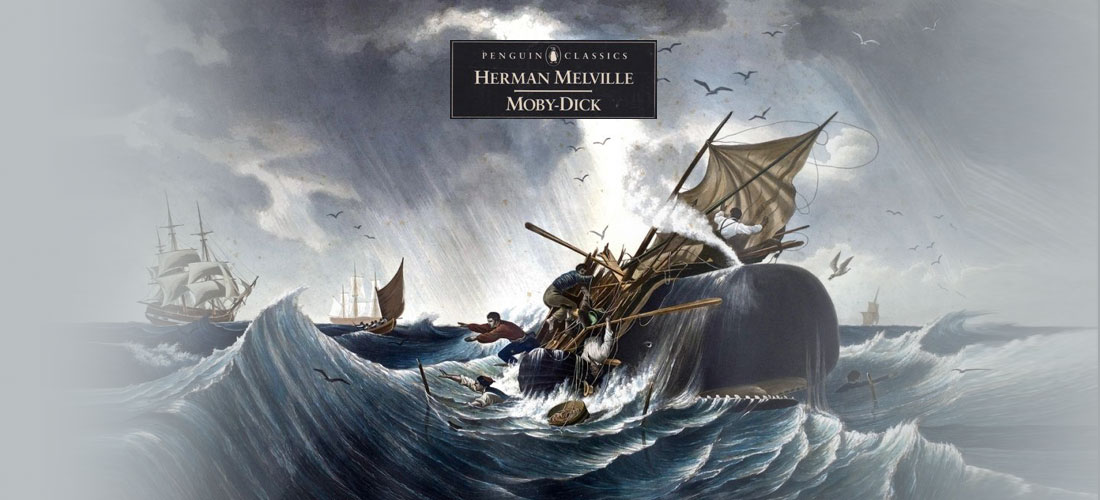
Written in 1851 by Herman Melville, Moby Dick is regarded by many as the great American novel. Movies provide a great chance to escape the trap of modernity and see the word in a way our daily lives don't allow. Many of the most popular and successful movies depict the world in previous eras of history, when life was more visceral, immediate, and the truth of things--at least from our perspective--was larger, better, and less debatable. Gladiator, Master and Commander, and The Good, The Bad and The Ugly are good examples. Herman Melville was not only a writer. His novels relate his knowledge of the world from his experience as a merchant seaman. Moby Dick allows us to see the world we now inhabit as it one was. This epic tale of a sea voyage on a wooden whaling ship is not just fantasy, thus its value as literature and living history is incalculable. To fail to read this book from cover to cover is not only to miss a first-hand account of what life in America and the rest of the world was like until fairly recently, but also to fail to truly understand the world we inhabit today. To fail at either of these tasks is to rob yourself of all the promise of this, the only life you will ever know, has to offer, as well.
Melville, Herman (1988). Moby-Dick, or, the Whale. The Writings of Herman Melville Volume Six. Edited by Harrison Hayford, Hershel Parker, and G. Thomas Tanselle. Evanston; Chicago: Northwestern University Press: Newberry Library.
